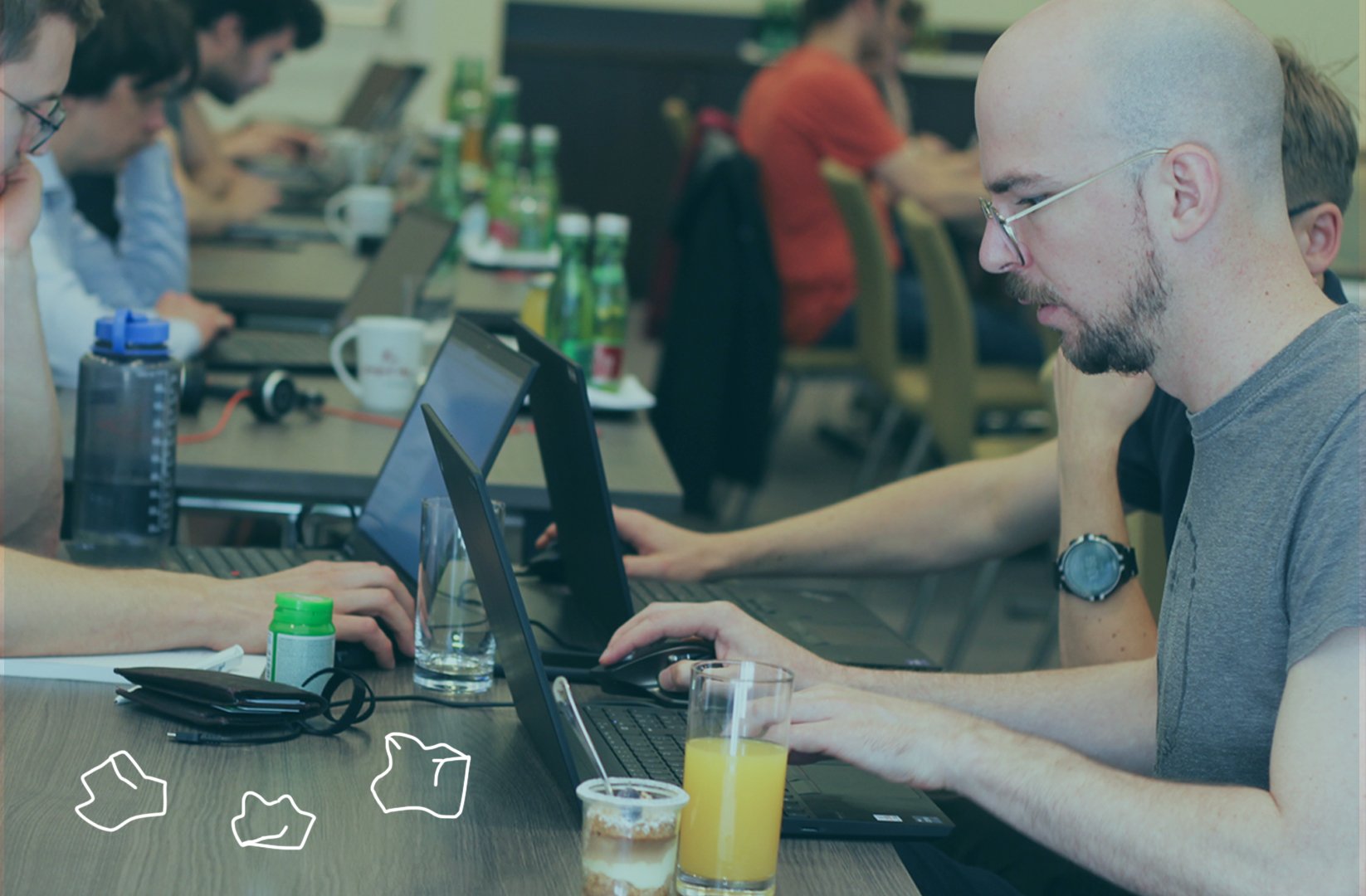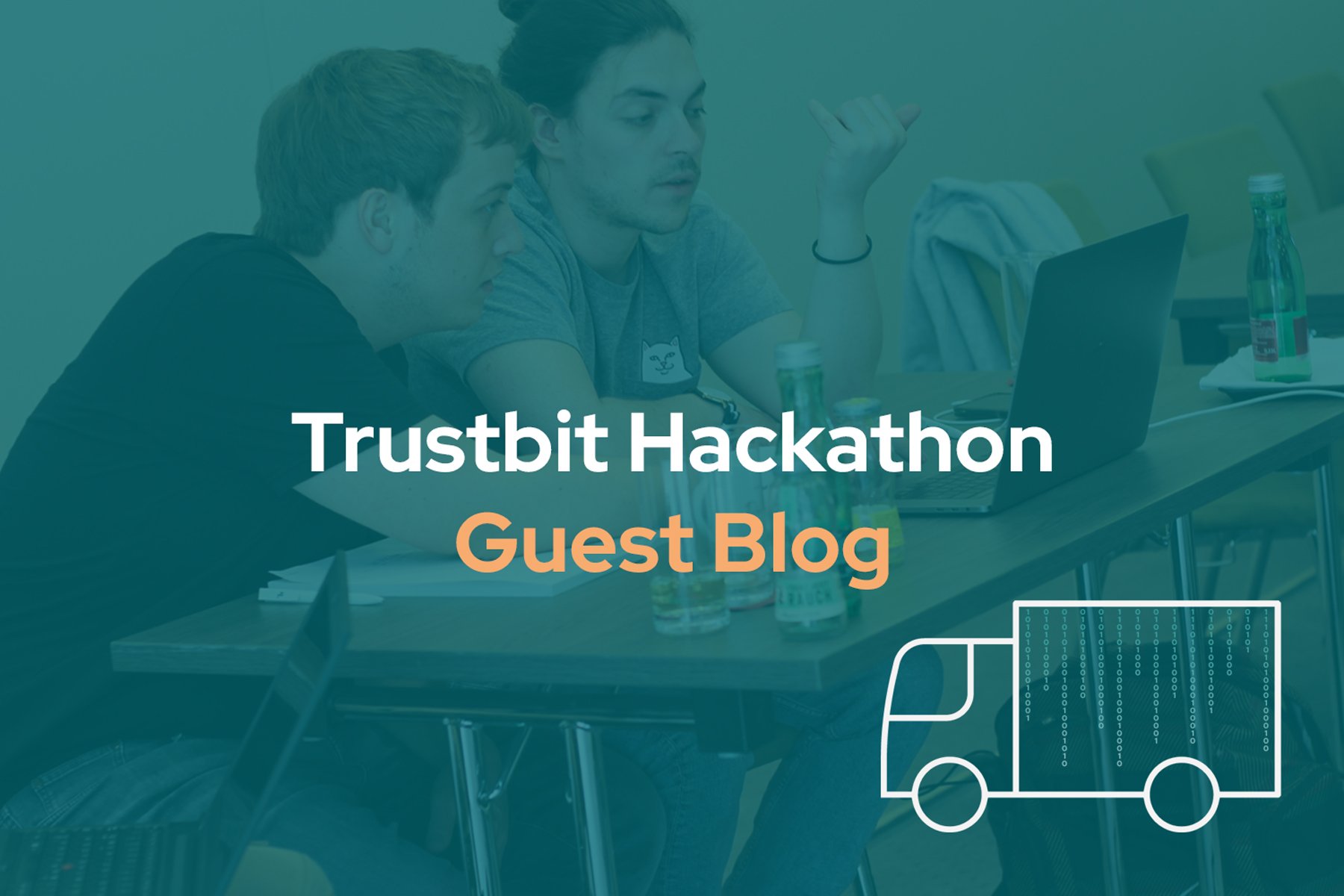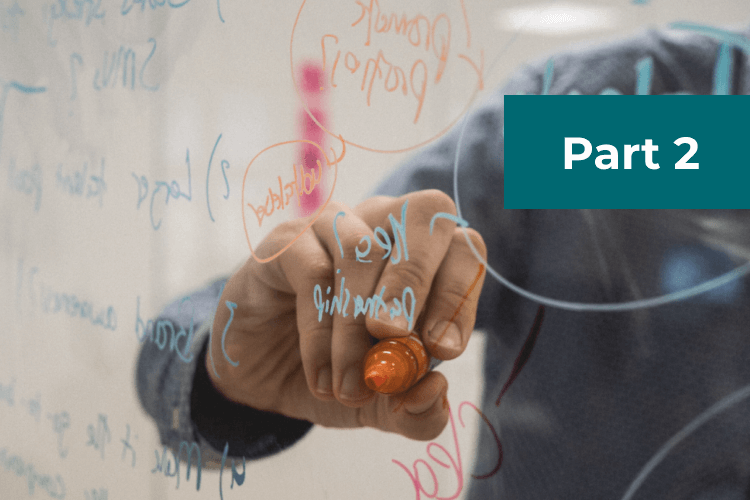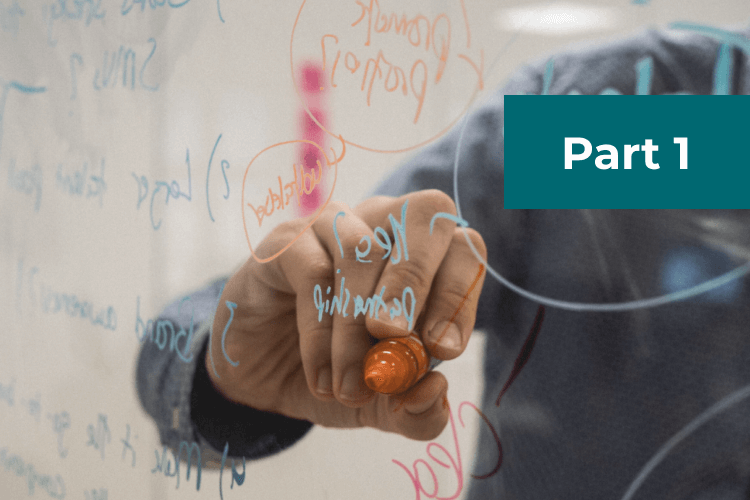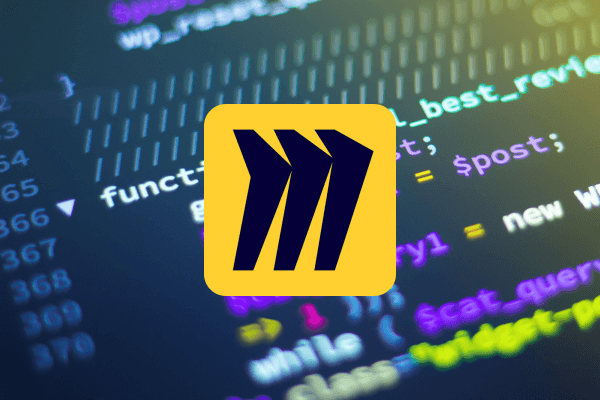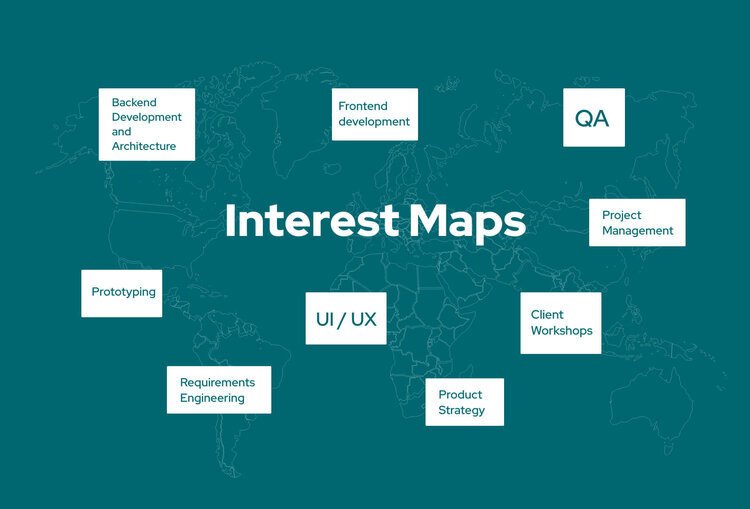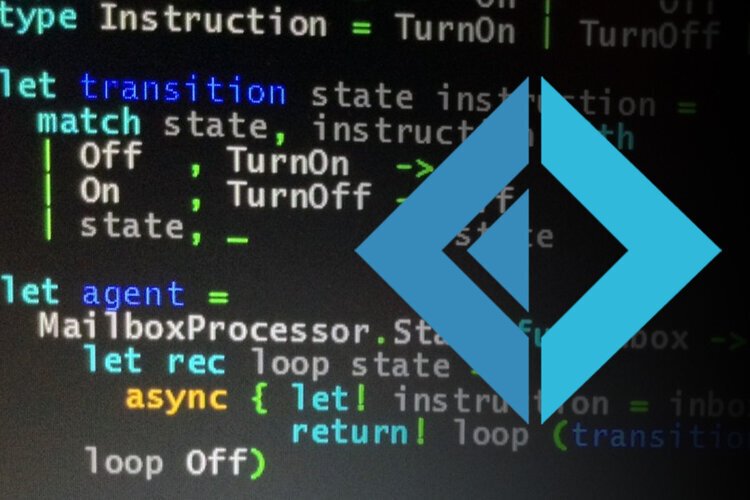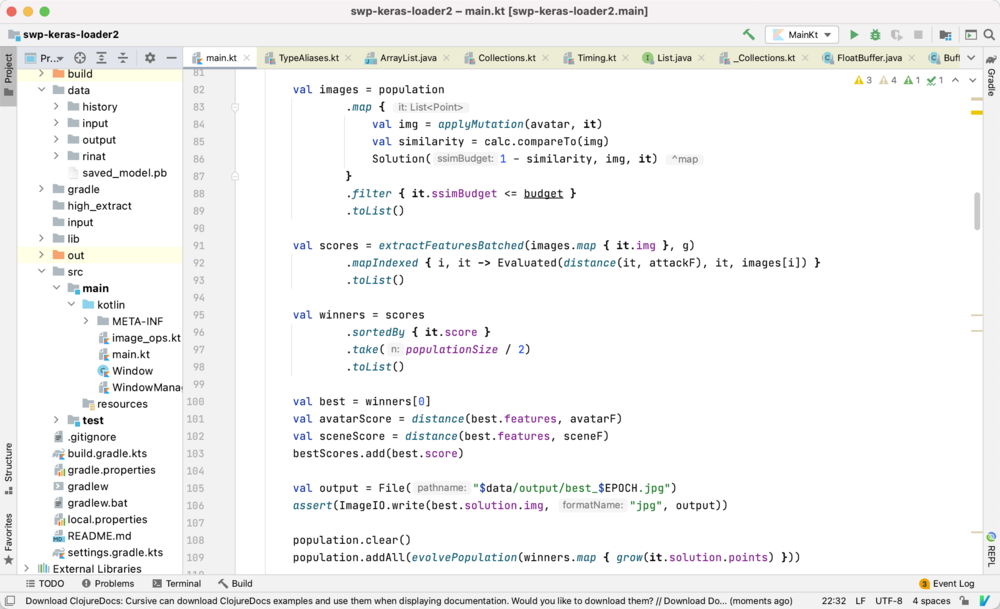Running Hybrid Workshops
When modernizing or building systems, one major challenge is finding out what to build. In Pre-Covid times on-site workshops were a main source to get an idea about ‘the right thing’. But during Covid everybody got used to working remotely, so now the question can be raised: Is it still worth having on-site, physical workshops?
Five lessons from running a (remote) design systems book club
Last year I gifted a design systems book I had been reading to a friend and she suggested starting a mini book club so that she’d have some accountability to finish reading the book. I took her up on the offer and so in late spring, our design systems book club was born. But how can you make the meetings fun and engaging even though you're physically separated? Here are a couple of things I learned from running my very first remote book club with my friend!
Process Pipelines
Process pipeline is a system to break down complex repeatable work into digestable steps that lead to concrete results.Processes, unlike projects, don't have a defined completion time and goal. Their goal is to keep running and moving forward at a steady pace.
Inbox helps to clear the mind
I hate distractions. They can easily ruin my day when I'm in the middle of working on a cool project. They do that by overloading my mind, buzzing around inside me, and just making me tired. Even though we can think about several things at once, we can only do one thing at a time.
Celebrating achievements
Let's talk about celebrating our successes. Our active memory can be like a cache of recently used data. Fresh ideas and frustrations supersede older ones. The older the thought, the fuzzier it becomes. Details are lost.
There is also negativity bias. When good and bad things happen at the same intensity, the bad ones have a greater effect on us.
Learn & Share Video Obsidian
Knowledge is very powerful. So, finding the right tool to help you gather, structure and access information anywhere and anytime, is rather a necessity than an option. You want to accomplish your tasks better? You want a reliable tool which is easy to use, extendable and adaptable to your personal needs? Today I would like to introduce you to the knowledge management system of my choice: Obsidian.
Part 3: Trustbit Logistics Hackathon - Add speed model to logistic simulation
So far in the series we have built a trivial logistics simulation runtime. At this point it is only capable of finding the fastest route between two locations. This is implemented as a form of A* algorithm that uses predefined travel times.
Let’s extend the implementation and demonstrate how we can “plug” different models into the simulation runtime.
Part 2: Trustbit Logistics Hackathon - Implementing Basic Logistics Simulator
In the previous article (Part 1: Trustbit Logistics Hackathon - Behind the Scenes) we talked about organizing our Logistics Hackathon on Sustainability - how it came to be.
Let’s get to the technical details now.
Part 1: Trustbit Logistics Hackathon - Behind the Scenes
A look behind the scenes of our Hackathon on Sustainable Logistic Simulation in May 2022. This was a hybrid event, running on-site in Vienna and remotely. Participants from 12 countries developed smart agents to control cargo delivery truck fleets in a simulated Europe.
So, I wrote a book
On Saturday August 7 2021, I released a book called Essential Functional-First F# on LeanPub, a self-publishing platform. It is based on two series of blog posts that I've written for the Trustbit blog.
Using a Skill/Will matrix for personal career development
As part of their onboarding, all of our employees are encouraged to fill out a “Skwill” — a small matrix that shows an overview of their strengths and interests in different fields. The matrix is “public” (i.e. visible to anyone inside the company) and makes it super easy to share your skillset with teammates or people outside of your team.
Guest Blog: Logistics Data Scientists at the Trustbit Hackathon
On May 13th 2022 the hybrid "Trustbit Hackathon: Sustainable Logistics Simulation" was held at the beautiful Parkhotel Schönbrunn and was also open for remote participants from all over the world. We, a team of three data scientists, took part in it on-site and we want to share a bit about the great experience we had.
Guest Blog: Team Dreiforce at the Trustbit Hackathon!
We have participated in several hackathons over the years. Accordingly, we have certain expectations for these events. This much can be said in advance, the first Trustbit Hackathon was a positive experience for us. The location in the Parkhotel Schönbrunn was great and the example was well thought out.
Learning + Sharing at Trustbit
One of the questions most asked by potential employees in their initial engagement with Trustbit is about 20% time for learning and sharing.
Designing and Running a Workshop series: The board
In this part we look on the rough design of the Miro board which supports our workshops.
Designing and Running a Workshop series: An outline
This post shares some of the ideas and approaches we take while designing and running these workshops for our clients.
How to gather data from Miro
Miro is an online collaborative whiteboard platform which we are using heavily in our consulting workshops to collaborate, explore and document. In this blog post I will show you options to automatically gather, modify and analyse Miro boards.
Interest Maps: 7 Positive effects of visualizing the interests of your team
Have you ever visualized the individual interests of your team members? If not, you are definitely missing out on a great experience! Interests maps unleash hidden potentials and interests, but they also make it clear which topics are not of interest to your colleagues.
Alternate Ways of Creating Single Case Discriminated Unions in F#
There are quite a few ways of creating single case discriminated unions in F# and this makes them popular for wrapping primatives. In this post, I will go through a number of the approaches that I have seen.
Innovation Incubator Round 1
In 2020 we started an Innovation Incubator. It is a learning and sharing process that tries to connect people from the different teams together. This is especially important for a remote company with people working all across Europe. This is the retrospective of Round 1 of the incubator.









